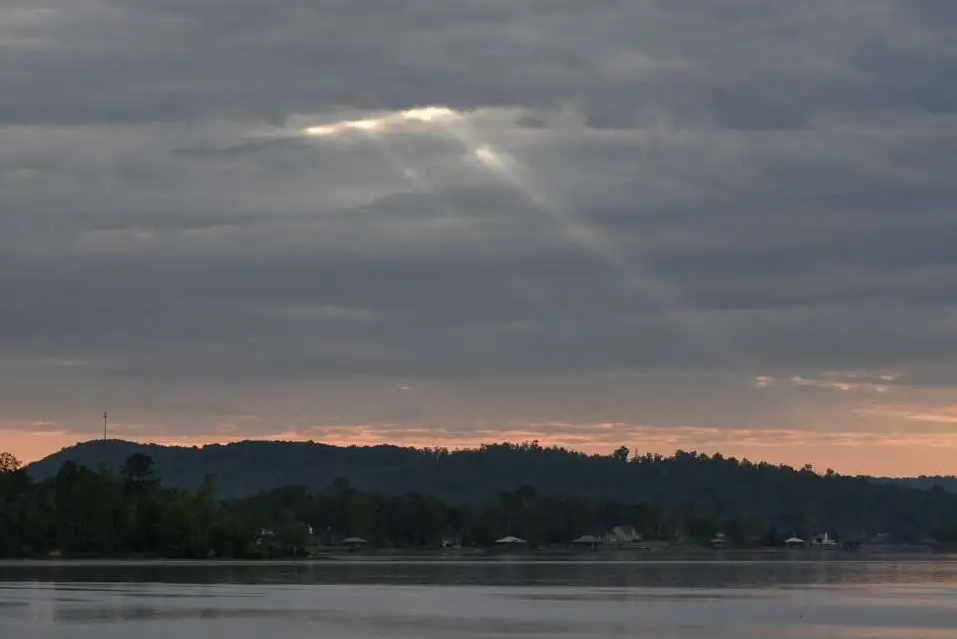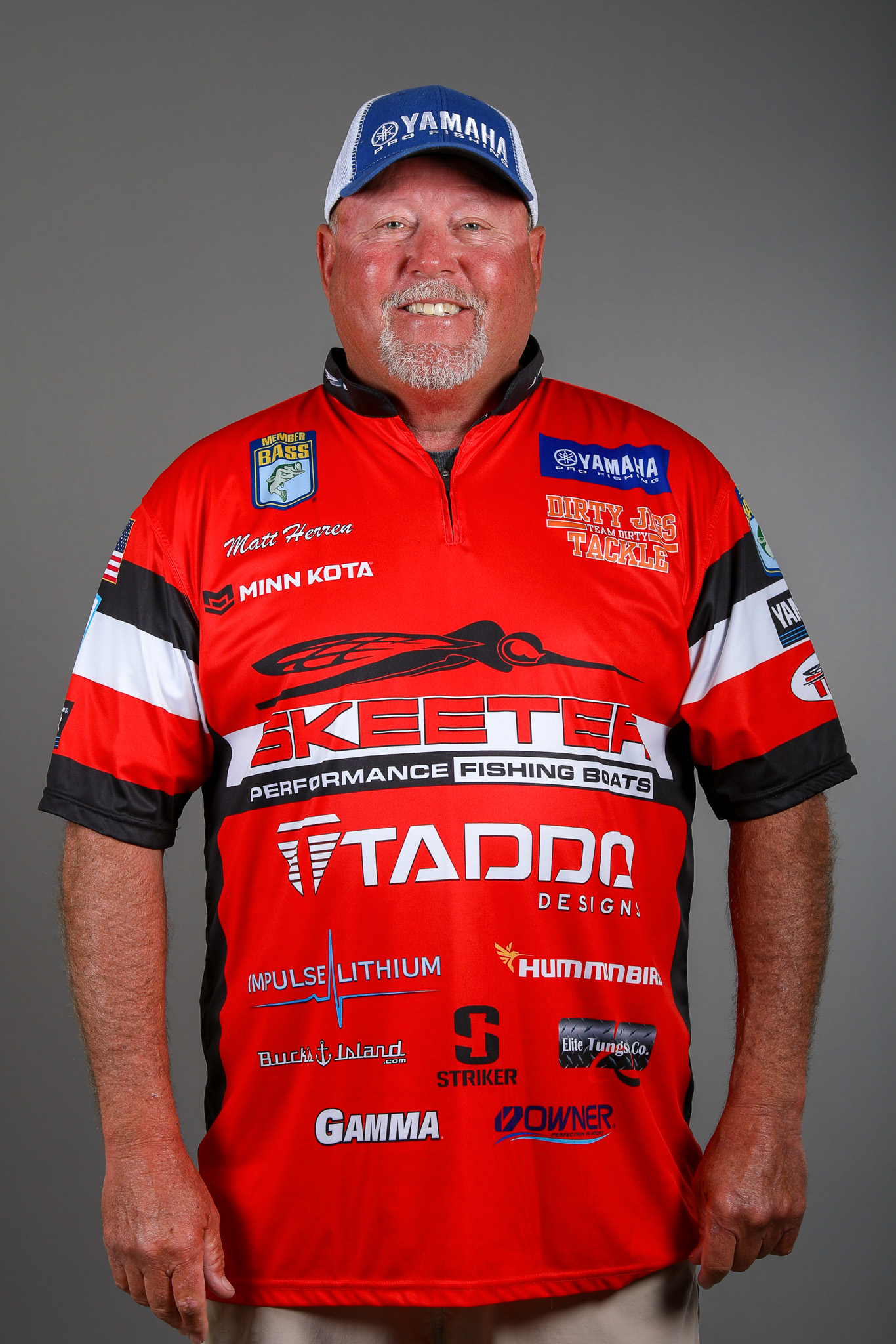
I’m old enough that I’ve been around the block a few times, and during my years of fishing locally and around our great country, I’ve gotten to experience some mighty fine fishing.
I’ve seen the best fishing our country has to offer. I’ve had the opportunity to fish Lake Guntersville, Wheeler, Kentucky, Barkley, Weiss, Neely Henry, Lay, Jordan, Eufaula, Sam Rayburn, Toledo Bend, Grand, Table Rock, Clear Lake, California Delta, Havasu, Erie, St. Clair, Ontario, Cayuga, Champlain, Potomac River, Chesapeake Bay and many more of the very best bass waters that we have. And I have experienced the best they had to offer.
I’ve seen them at their best, and when they’re not at their peak. I have a few thoughts on what I’m seeing out there regarding the fisheries. I think we as a sport, and we as an industry, need to look at how our fisheries are responding to the amount of pressure that the growth our sport has undergone recently.
It’s not just the fishing pressure that has made the change, it’s the improvement in technology too. Better equipment, better lines, advancements in electronics and even angler skill have to be taken into consideration. The advancement in angler skill and in technology allow anglers to consistently target bigger fish, which leads to my thought.
It feels like — to me — that while our tournament catch weights might be on the rise, the numbers of fish being caught on our lakes might be going the other direction. I think we need to make some hard choices and put some effort into helping our fisheries.
I obviously live in Alabama, and I have spent my life fishing Neely Henry Lake, the rest of the Coosa River chain and of course the rest of the lakes. I have seen these lakes become increasingly more difficult to fish over the years. Yes, we see some good days from anglers winning tournaments, but if you look down the fields for most of the year, the numbers of teams that weigh less than a limit seem to be growing.
I know that the way the water levels have been managed throughout the years has changed, and over the years planting of striped bass may have created a strain on the food sources that have affected the fishery. But the amount of tournaments held, the timing of events and possibly even lack of real fish care education for newcomers to the sport could be having an effect — at least those are the questions and thoughts that come to my mind.
I grew up fishing on Neely Henry, and I can’t tell you how many 20- to 25-pound limits my dad and I weighed on that lake over the year. Now, the winning weights tend to be in the 15- to 17-pound range, and to top that off, the numbers of fish caught being reported seems to have fallen.
Weiss Lake used to be the best bass fishery on the Coosa River, and while it still is seen as a great crappie fishery, it’s not thought of as the best one around as frequently. My hunch is that the stripers that were stocked many years ago have had an effect, as have the way water levels are managed. The habitat in the lakes might not be at the same level they once were as well.
As a kid I was heavily involved in Scouting, and one of things we were taught about the outdoors was a simple motto of “leave better than you found it.” I want to do that for my sons and granddaughters with these fisheries.
I have my feelings and my opinions on what I think the issues are and how they were created, but I want people to start taking a look at how we can return our fisheries to the levels they could be. I know there are some people who really care about our lakes and are beginning the process of exploring those options and working to do things to improve it — especially on my home lake. But there are others around the state too.
I think we need more education of the participants in the sport, and we need to find out what combination of efforts will make the biggest impact. With the growth of the sport, with the advancement of student angler programs and the increase in tournament participation, we have an opportunity to see this sport continue to grow, but it will take improving the fisheries to capitalize on it.
Let’s all be a part of seeing it happen — effectively.





